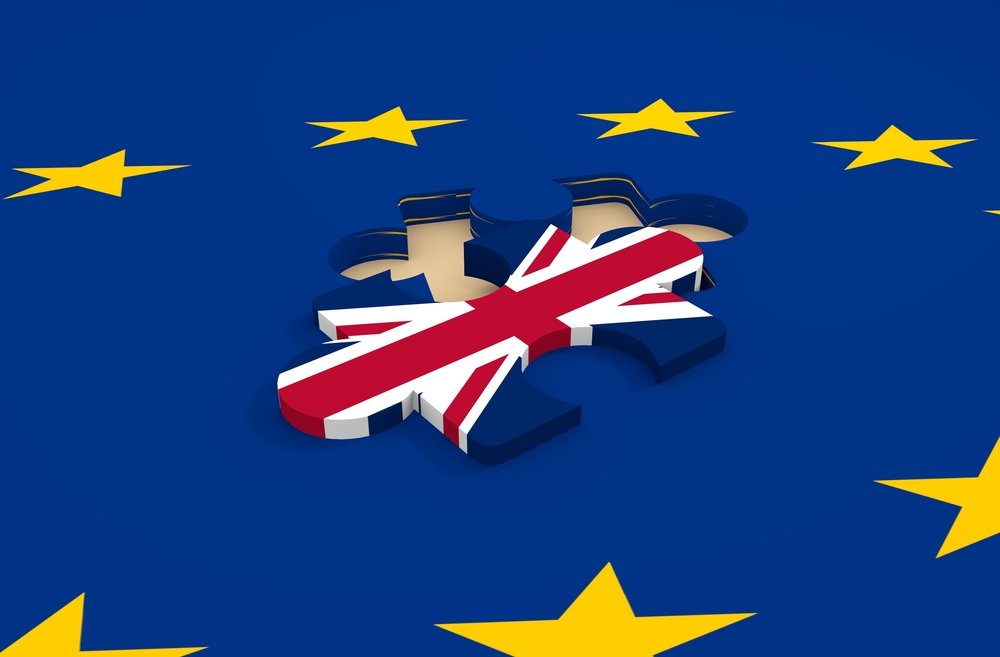News
‘No deal’ Brexit: the impact on your money

The government has today published a series of guides outlining what would happen in a ‘No deal’ Brexit scenario. Here are the most important points for consumers.
A speech on planning for a ‘No deal’ Brexit scenario was given today by Brexit secretary, Dominic Raab.
Within the speech, he said he is confident that the UK will get a good deal, but it was prudent for the government to plan for the unlikely event that the UK does not reach a negotiated deal with the European Union.
So far around 80% of the Withdrawal Agreement has been agreed ahead of the 29 March 2019 exit deadline, but Raab outlined the following scenarios in the case of a no deal:
Card payment charges
In January 2018, ‘rip-off’ credit card surcharges were banned, meaning retailers are no longer able to charge up to 5% for paying with a credit card rather than debit card or cash.
But today’s technical notes stated: “The cost of card payments between the UK and EU will likely increase, and these cross-border payments will no longer be covered by the surcharging ban (which prevents businesses from being able to charge consumers for using a specific payment method).”
Access to deposits and pensions
UK expats may lose the ability to access existing lending and deposit services, insurance contracts, such as life insurance as well as annuities because UK firms lose their rights to passport into the EEA, which impacts customers accessing the services.
‘Passporting’ allows firms in any European Economic Area (EEA) to carry out activities in any other EEA country. If they’re authorised in one member state, they can provide services to customers in other member states without having to gain authorisation from the local regulator.
The notes read: “For example, the UK is a major centre for investment banking in Europe, with UK investment banks providing investment services and funding through capital markets to business clients across the EU. In the absence of EU action, EEA clients will no longer be able to use the services of UK-based investment banks, and UK-based investment banks may be unable to service existing cross-border contracts.”
But in a ‘No deal’ scenario, the government said it is looking to bring in a temporary regime allowing firms currently passporting into the UK to continue operating in the UK for up to three years after exit, while they apply for full authorisation from UK regulators.